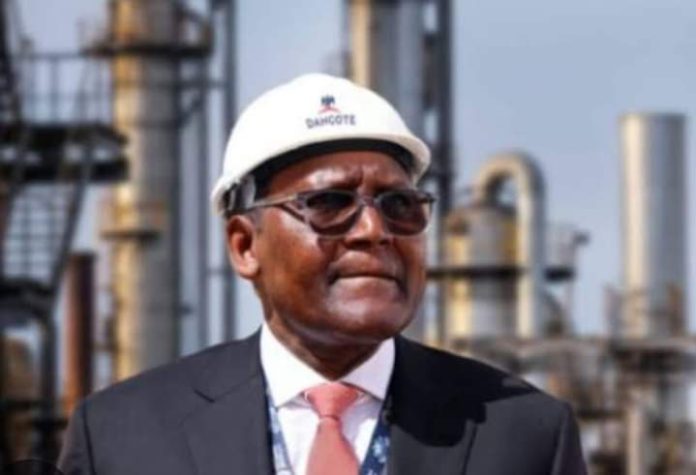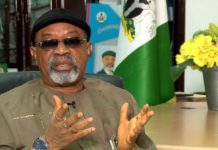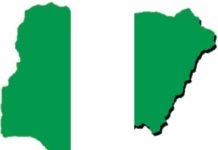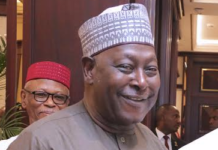Petroleum Products Retailers and marketers have provided explanations for the continued importation of gasoline in spite of the production capacity of the Dangote Refinery and other nearby refineries.
In an exclusive interview with newsmen on Monday, Billy Gillis-Harry, President of the Petroleum Products Retail Outlet Owners Association, and Tunji Oyebanji, former Chairman of the Major Marketers Association of Nigeria, cited the product’s continued importation as a result of competitive pricing, fear of healthy market competition, and insufficient capacity to produce gasoline.
This coincides with data on foreign commerce from the National Bureau of Statistics, which indicates that at the end of 2024, fuel imports increased by 105% to N15.4 trillion.
According to the research, fuel imports reached N930 billion in February 2025 alone, which alarmed downstream industry stakeholders.
Recall that in February 2025, the Dangote Refinery, Port Harcourt, and Warri refineries only fulfilled 50% of the country’s petroleum product consumption needs, according to the Nigerian Midstream and Downstream Petroleum Regulatory Authority.
The president of Dangote Refinery, however, disputed NMDPRA in a statement last month, insisting that the $20 billion refinery can fully supply Nigeria’s needs for petroleum output.
Since NNPC stated that it has not yet imported gasoline in 2025, Nigerians are now in a state of uncertainty as a result of the debate.
In the meantime, Gillis-Harry and Oyebanji clarified the argument with their observations to reporters.
Speaking, Gillis-Harry emphasized that petroleum dealers should source their goods from various sources, such as imports, NNPC, and Dangote Refinery.
He claims that in order to prevent a downstream petroleum monopoly, gas retailers would keep sourcing fuel from suppliers at the best prices.
He disapproved of a scenario in which the refinery would abruptly lower fuel costs without properly informing its partners and merchants.
In the downstream sector of Nigeria, Gillis-Harry noted, it is imperative to provide price stability and robust competition for the benefit of Nigerians.
“Retailers are not running away from Dangote Refinery. We patronize every refinery, but we subscribe to full liberation so that we will not run a monopolized downstream sector.
“A situation where one refinery is shifting prices up and down without consideration of retailers is uncalled for.
“We cannot buy a product at N889, and over the night, the prices are dropped to N825, which is unfair.
“We continue to buy petrol from all sources that are profitable to us, either NNPCL, Dangote Refinery or through import”, he told newsmen.
According to Oyebanji, the rationale for petroleum imports to fill the void was because local refineries, including Dangote Refinery, were not able to meet all domestic demand.
He asserted that no sensible businessman would import if local refineries produced enough to satisfy the home market at competitive costs.
“The report circulated today was for 2024. I don’t understand why it is being played up in the media as if it is new.
“Seems it is to advance a particular agenda. I don’t think local refineries are meeting 100 percent of local demand.
“So, to prevent shortages, some importation is being allowed, but to give the impression that such importation is growing isn’t correct.
“NNPCL, which has been the largest importer up to last year, has confirmed that they have not imported and yet someone is pushing this narrative.
“If local refineries produce enough to satisfy local demand and sell at a competitive price, then no right-thinking businessman will import”, he told newsmen.
Remember how NNPC and Dangote refineries lowered the price of gasoline to between N860 and N880 per liter earlier this month and last month?
Since Nigerians currently purchase gasoline at prices ranging from N860 to N970 per liter nationally, the situation has triggered a pricing war among the major players in the downstream sector of the nation.
The Dangote Refinery began producing 650, 000 barrels of gasoline per day on October 15, 2024.
In November and December of 2024, NNPC simultaneously resumed producing gasoline in the refineries in Port Harcourt and Warri.









